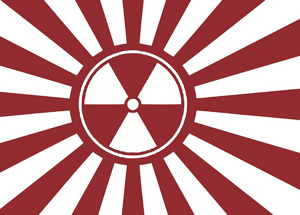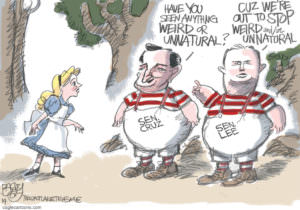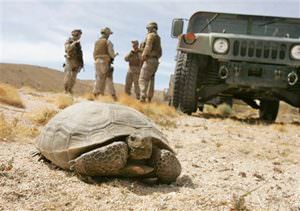Japan’s Nuclear ‘Safety Myth’
In the midst of a strong international reaction to the disaster at Japan's crippled Fukushima Daiichi nuclear plant, the broad, historical and unquestioning acceptance of atomic power in the only nation to have been attacked by nuclear weapons is eerie. (more)
In the midst of a strong international reaction to the disaster at Japan’s crippled Fukushima Daiichi nuclear plant, the broad, historical and unquestioning acceptance of atomic power in the only nation to have been attacked by nuclear weapons is eerie.
Cultural critics point to a vigorous government- and business-led campaign to convince the Japanese public of the inherent safety of nuclear technology through public relations theme parks and widespread propaganda efforts, including the downplaying of the Chernobyl disaster and the omission of the European anti-nuclear movement in school textbooks. –ARK
Your support matters…The New York Times:
Over several decades, Japan’s nuclear establishment has devoted vast resources to persuade the Japanese public of the safety and necessity of nuclear power. Plant operators built lavish, fantasy-filled public relations buildings that became tourist attractions. Bureaucrats spun elaborate advertising campaigns through a multitude of organizations established solely to advertise the safety of nuclear plants. Politicians pushed through the adoption of government-mandated school textbooks with friendly views of nuclear power.
The result was the widespread adoption of the belief — called the “safety myth” — that Japan’s nuclear power plants were absolutely safe. Japan single-mindedly pursued nuclear power even as Western nations distanced themselves from it.
… In 2004, under the influence of Mr. Kano [former Tepco vice president, later Japanese legislator and now Tepco adviser] and other proponents of nuclear power, education officials ordered revisions to textbooks before endorsing them. In one junior high school social studies textbook, a reference to the growing antinuclear movement in Europe was deleted. In another, a reference to Chernobyl was relegated to a footnote.
Independent journalism is under threat and overshadowed by heavily funded mainstream media.
You can help level the playing field. Become a member.
Your tax-deductible contribution keeps us digging beneath the headlines to give you thought-provoking, investigative reporting and analysis that unearths what's really happening- without compromise.
Give today to support our courageous, independent journalists.









You need to be a supporter to comment.
There are currently no responses to this article.
Be the first to respond.